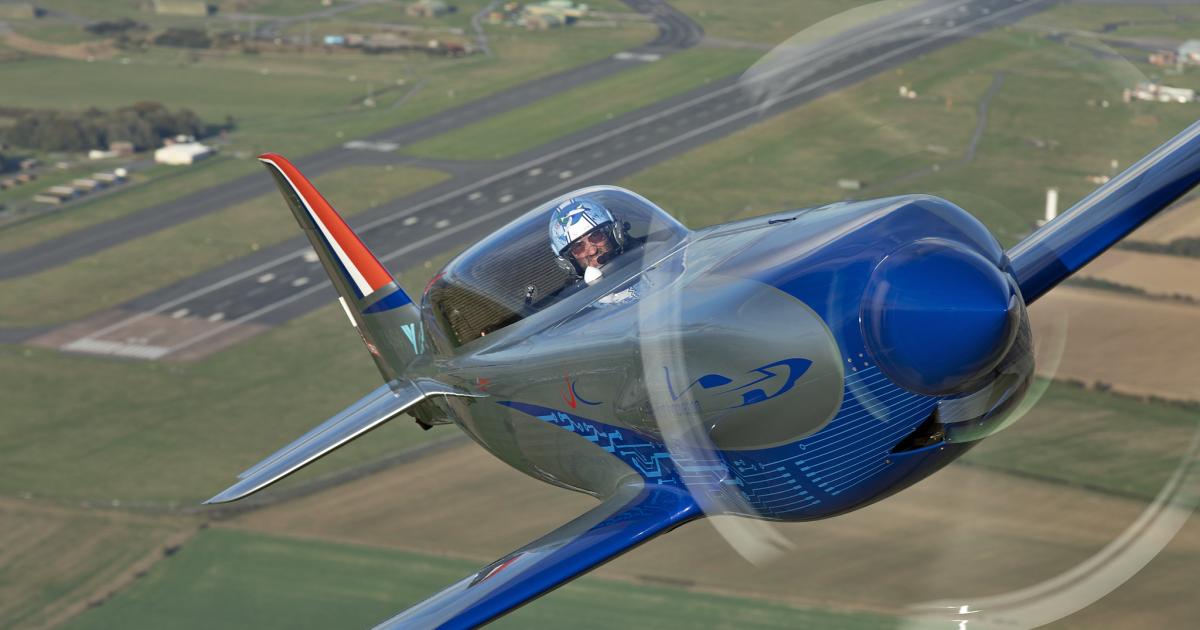Rolls-Royce Claims World Speed Record for Electric Spirit of Innovation Flight
Working with battery developer Electroflight and motor and controller maker Yasa, the aero engines group converted an NXT Next kitplane to achieve speeds matching the world's fastest single turboprop aircraft.

